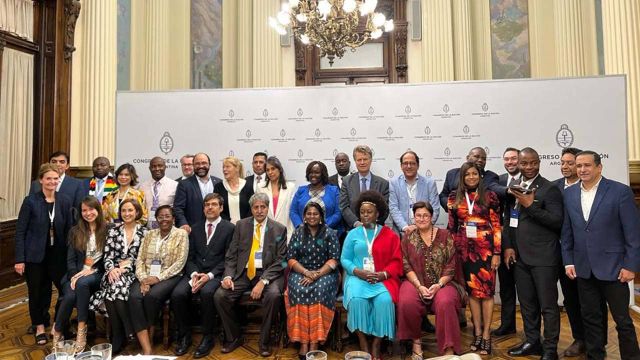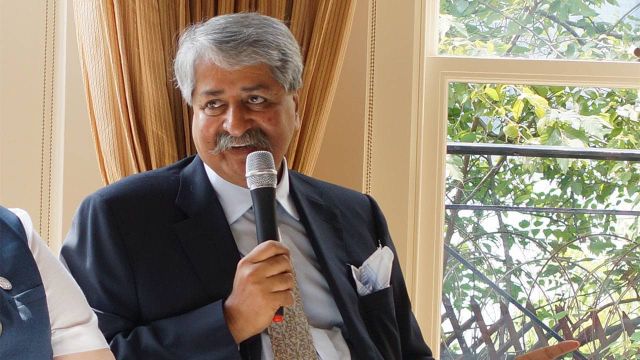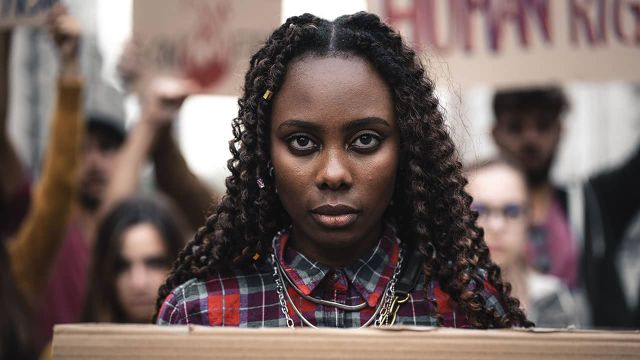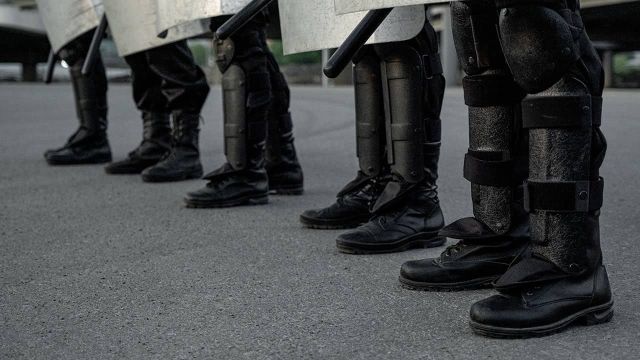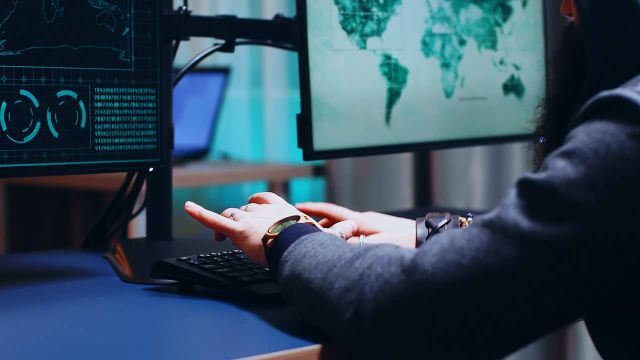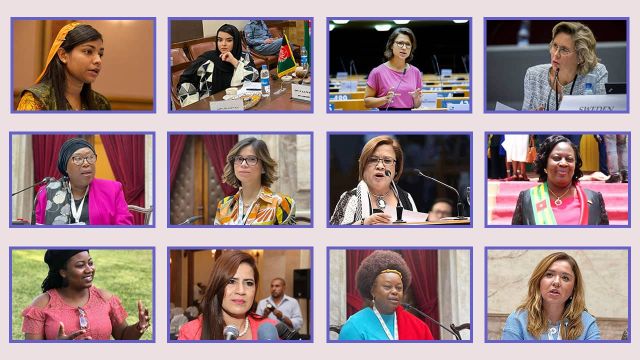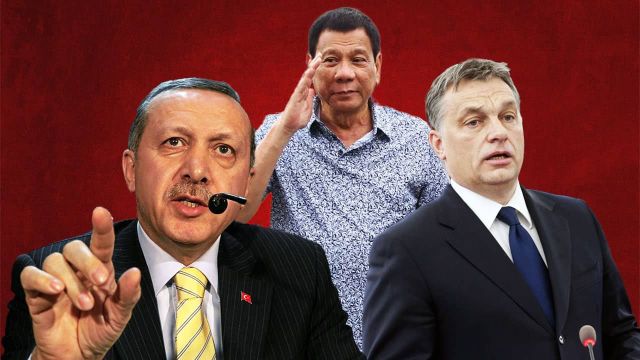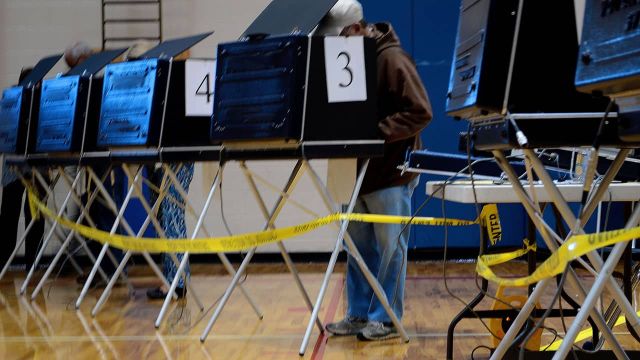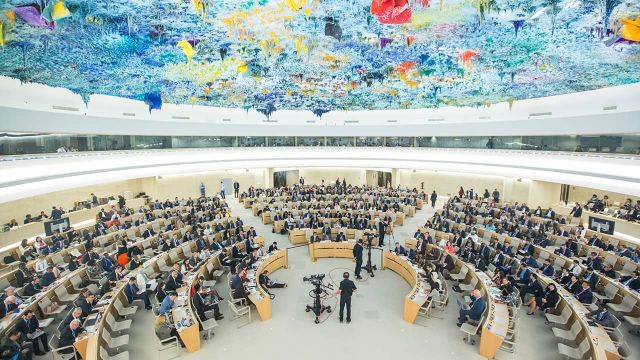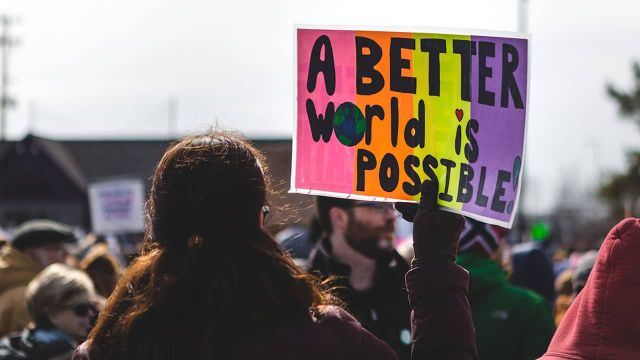State capture describes a form of corruption in which businesses and politicians conspire to influence a country's decision-making process to advance their own interests. As most democracies have laws to make sure this does not happen, state capture also involves weakening those laws and neutralizing any agencies that enforce them. […] Full-on state capture is where corporations can influence the nature of the legislative process, and political actors allow them to do so for private gain. The whole policy-making structure of the state becomes commodified - something that politicians are willing to sell.1
A concept closely related to state capture is crony capitalism, a system in which the government determines the ones favored among private interests (business, anti-business interests, professions, social groups) based on political influence rather than merit. Businesses may be granted contracts, licenses, and other benefits based on their close ties to government officials.
State capture and crony capitalism are closely related as businesses may use their influence over the state to secure benefits for themselves. For example, a company may lobby the government to pass laws beneficial to their industry or bribe officials to award them contracts. It is important to note that state capture and crony capitalism are not unique to developing countries. They also occur in developed countries.
The negative consequences of state capture and crony capitalism are far-reaching:
- Diminished economic efficiency when governments award contracts or other benefits based on their political connection rather than merit-based, transparent, and public criteria.
- Increased inequality as businesses tied to government officials benefit at the expense of their competitors and the public.
- Weakened democratic institutions because the public no longer trusts its government, making it more difficult for citizens to hold their leaders accountable.
Case studies
6.1 Universities: An independent source of legitimacy
Universities can be an independent source of legitimacy. First, they can be objective institutions. This is because they are dedicated to the pursuit of knowledge and truth and are not beholden to any ideology. Second, universities are governed by their own rules and regulations, which are independent of government or corporate control. This gives them the freedom to speak out and to challenge the status quo without fear of reprisal. Third, universities have a long history of activism and social engagement. They have played a leading role in many social movements, including the fight for civil rights, democracy, and environmental protection.
Some specific examples are important to recall:
- In the United States, universities have played a leading role in the fight for civil rights. In the 1950s and 1960s, universities were at the forefront of the desegregation movement, and many students and professors were involved in the protests and demonstrations that led to the passage of the Civil Rights Act of 1964 and the Voting Rights Act of 1965.
- In South Africa, universities played a leading role in the fight against apartheid. In the 1970s and 1980s, universities were a hotbed of student activism and dissent. The government responded by cracking down on universities, but the student movement continued to grow, and it eventually played a crucial role in the end of apartheid in 1994.
- In recent years, universities have played a leading role in fighting climate change and environmental justice. In 2015, students and professors worldwide marched in solidarity with the United Nations Climate Change Conference in Paris.
Universities, consequently, can also play an important role in promoting democracy and human rights by:
- Providing a space for open and honest debate about fundamental issues.
- Educating students about their civic rights and responsibilities.
- Conducting research on economic, social, and political issues.
- Providing support for social movements and activists.
Universities are flawed institutions that can be elitist and susceptible to political and economic pressure. However, at their best, universities are a powerful force for good in society and can give a voice to marginalized and vulnerable communities.
Footnotes:
1 Neil Arun, State capture: Zuma, the Guptas, and the sale of South Africa, published on 15 July 2019.
2 Ryan Lenora Brown, A corruption inquiry ends in South Africa. Will justice follow?, published on 22 June 2022.
3 Ibid

